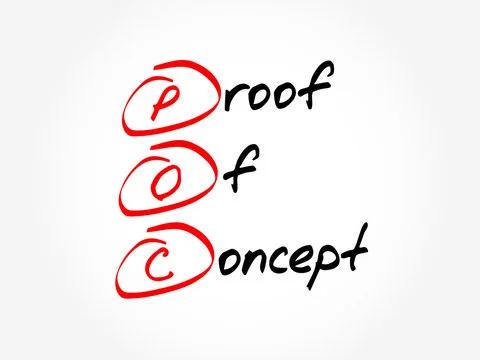Why ‘Good Enough’ is the Perfect Starting Point
Are you stuck chasing perfection before launching your product?
It’s not about achieving perfection from the start. It’s about making steady strides and refining your creation as you go. This approach accelerates your time-to-market and enhances your product based on real-world feedback.
The pressure to launch a flawless product is immense. The real challenge? Striving for perfection often delays launches, hampers progress, and drains resources. Businesses juggle the urgent need to go to market with the paralyzing fear of imperfection.
Many businesses create exhaustive checklists, aiming to perfect every feature before launch. While this meticulous approach has its merits, it often leads to:
- Delayed Launches: Products miss critical market windows, losing competitive edge. McKinsey found that companies launching products six months late could lose up to 33% of potential profits over five years.
- Resource Drain: Overextending time, money, and talent leads to burnout and inefficiencies.
- Perfection Paralysis: Fear of flaws stifles innovation and progress. Stanford University research shows that fear of failure can inhibit performance and creativity.
Iteration changes the game by focusing on progress, not perfection. Let’s explore how embracing this approach can transform your product development process.
Focus on core functionalities that meet immediate market needs. Prioritize what’s essential for launch and leave the 'nice-to-haves' for later. This approach ensures you have a viable product in the market swiftly, ready to gather real user feedback.

User stories are short, simple descriptions of a feature told from the perspective of the person who desires the new capability, usually a user or customer. They help teams focus on delivering value to end-users and keep development efforts aligned with user needs.
For example, a user story might be: “As a user, I want to be able to save my progress so that I can continue from where I left off.” By addressing user stories, you ensure the product meets actual user needs from the beginning.
When your product performs its intended function, seize the moment! 'Good enough' is often the perfect starting point. Accomplishing the task at hand is a triumph. Launching a product, even if it's not perfect, provides invaluable real-world experience and user insights.

Post-launch, actively gather user feedback – it's a goldmine for further enhancements. Real-world usage exposes strengths and weaknesses, guiding you in making data-driven improvements. Pendo reports that 70% of users prefer products that evolve based on their feedback.

Small businesses, in particular, can adapt quickly. If circumstances shift, your decisions can evolve too. Decisions are transient, and adaptability is your ace up the sleeve. Concentrate on what genuinely holds weight at this moment. The future will have its time.

Recent studies underscore the importance of iterative development:
- Lean Startup Methodology: According to Eric Ries, startups that launch minimum viable products (MVPs) and iterate based on customer feedback are 30% more likely to succeed.
- Agile Development: A VersionOne report revealed that 98% of companies have seen success with agile methodologies, which emphasize iterative development.

Gathering and implementing user feedback is crucial. Companies like Dropbox and Slack owe much of their success to iterative processes and the emphasis on user feedback. For instance, Dropbox grew its user base from 100,000 to 4 million in 15 months by continuously improving based on user input.
A growth mindset embraces challenges and learns from feedback, significantly enhancing the iterative process. Companies that foster a growth mindset see higher employee engagement and innovation. Carol Dweck’s study found that employees in growth-mindset companies are 47% more likely to feel trusted and supported by their company
Enough with the speculation! Real-world experience is the true test. It's time to see how your creation fares out in the wild. ‘Good enough’ today can evolve into ‘great’ tomorrow. Your choices today aren’t set in stone. Small businesses, in particular, can adapt. Focus on what truly matters now. The future will have its turn.
So, let’s raise a toast to the journey of perpetual refinement. It’s not about a fixed destination; it’s about enjoying the journey of improvement with every stride.
Meet Dennis, a seasoned software engineer with 11 years of experience transforming ideas into digital reality. He has successfully guided countless projects from concept to deployment, bringing innovative solutions to life. With a passion for crafting exceptional software, Dennis has helped countless clients achieve their goals.
Click here to learn more
Popular Posts
- How Can Strategic Software Solutions Propel Your Business to the Next Level?
- What is the Key to Startup Success?
- Why Do Some Products Soar While Others Flounder?
- Why Is Consistent Blogging Critical for Your Go-To-Market Strategy?
- Why Do Some Products Stick While Others Don't?
- Why Do Top Engineers Choose Where They Work?
- The Ultimate Solution for Faster, Scalable, and Customizable Web Design Without the CSS Headaches
- Revolutionizing Your Software Experience
- How Can You Overcome Common Pitfalls in Enterprise Application Software Development and Achieve Success?
- Discover the Ultimate Solution to Streamline Your Workflow and Boost Productivity!
Ready to take your business to the next level? Let’s make it happen.
Recommended For You
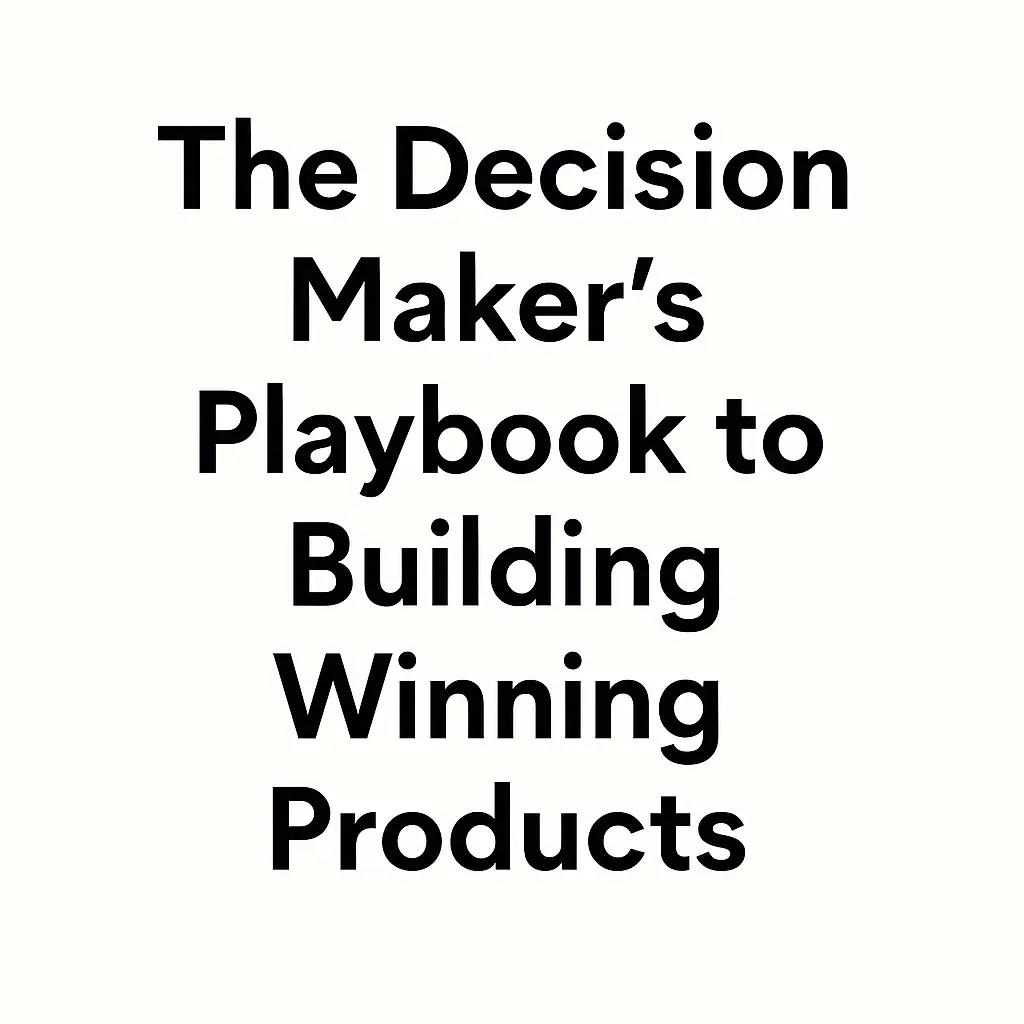
The Decision Maker’s Playbook to Building Winning Products
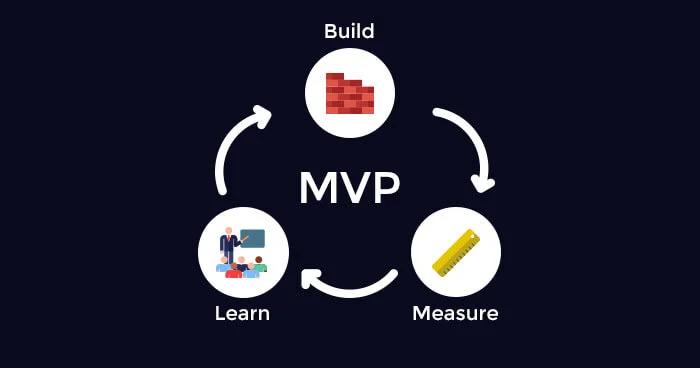
Is Your Startup Idea Worth It? Discover How an MVP Can Save You Time and Money

Why Your Agile Workflow is Failing You (And How Storyboarding Can Fix It)
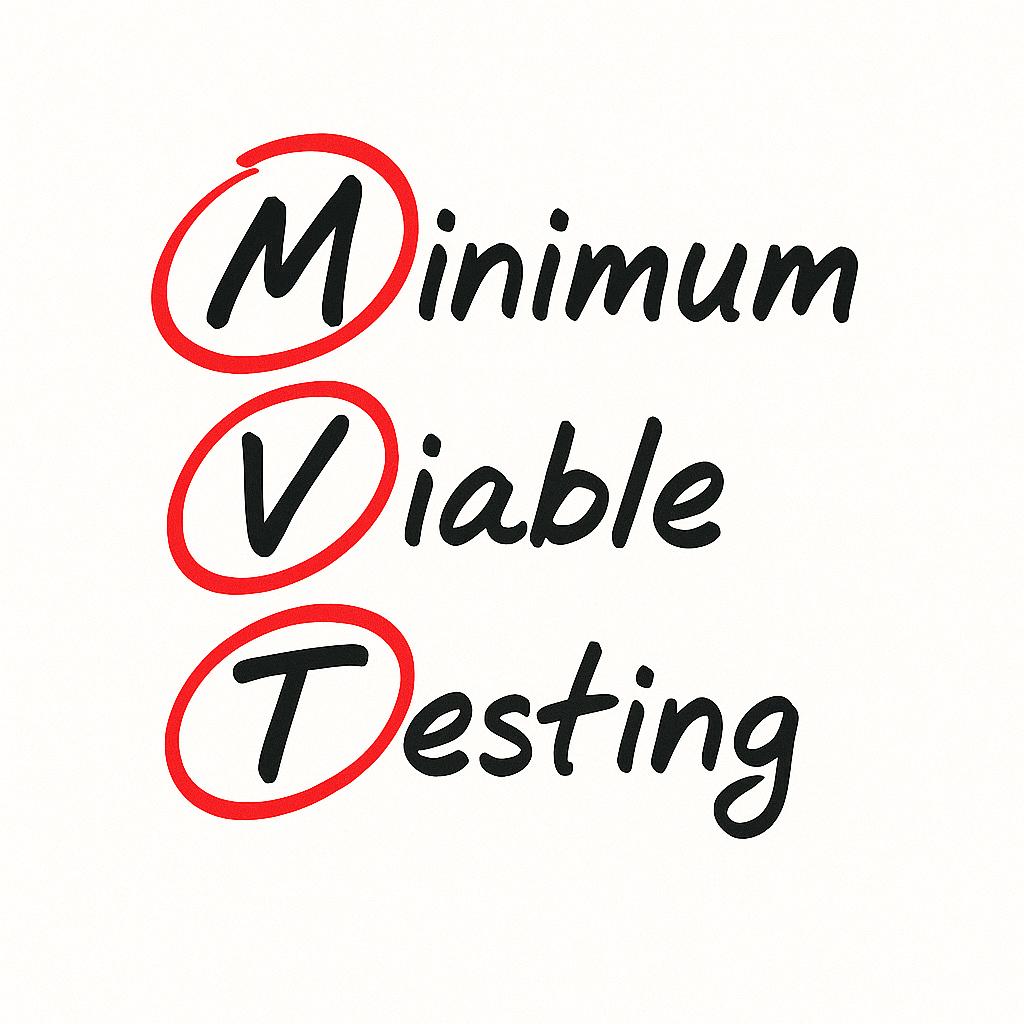
Test Ideas Smarter

How a Minimum Lovable Product Delivers Success

How Can You Deliver Software That Wins Customers and Beats the Competition?
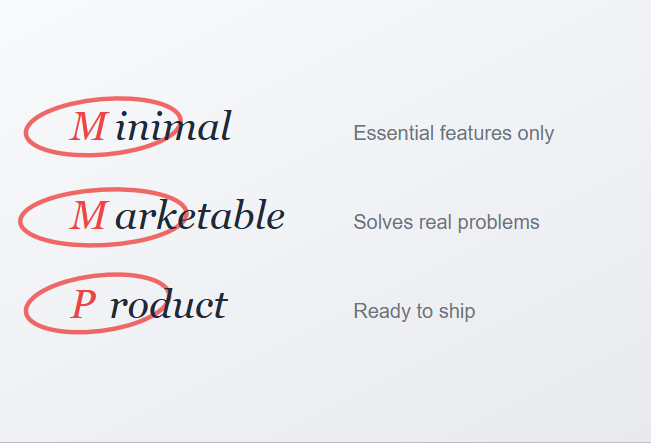
Launch Faster, Spend Less, Win Big: How to Nail Your Software Product Launch
